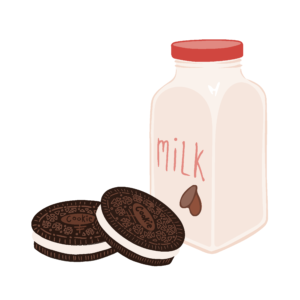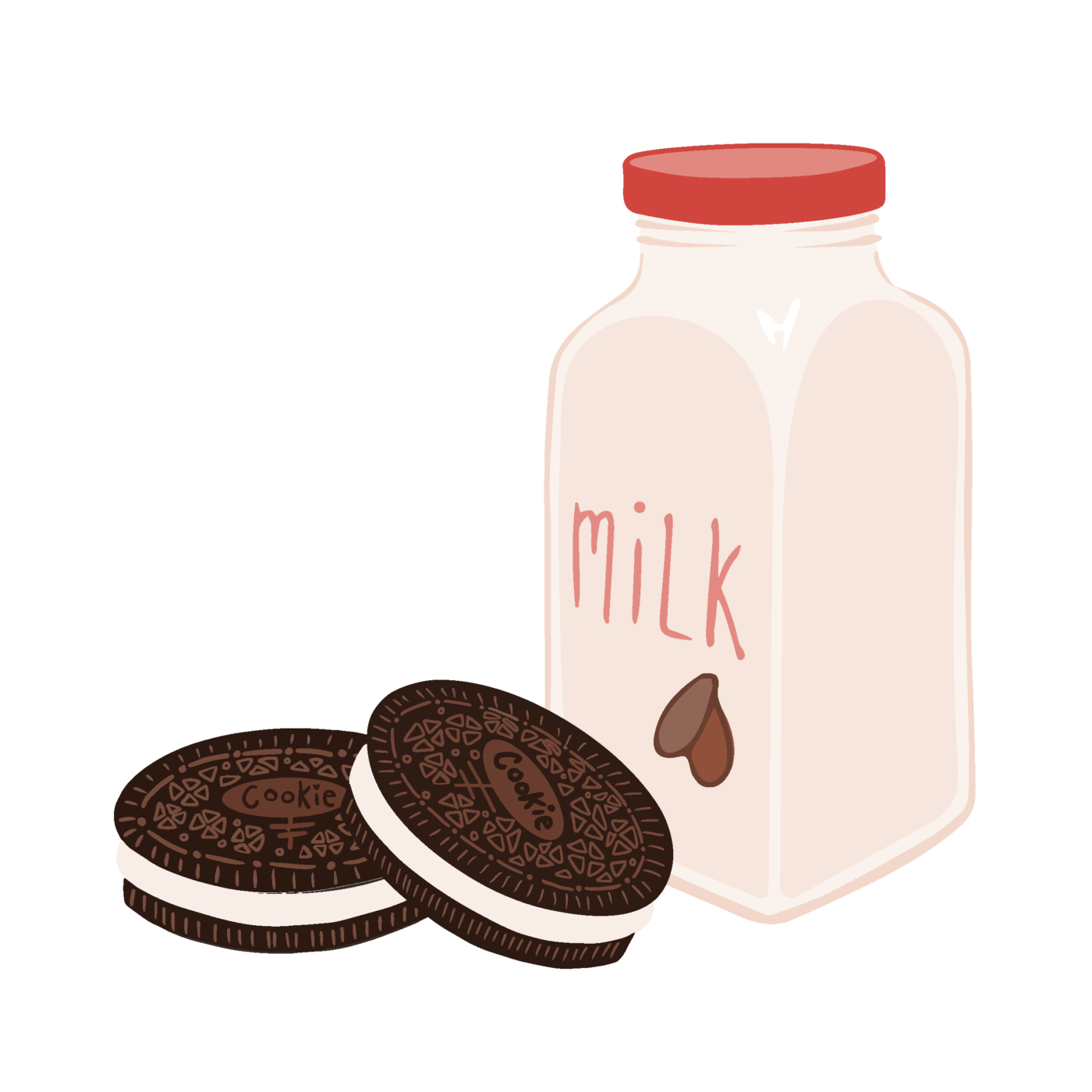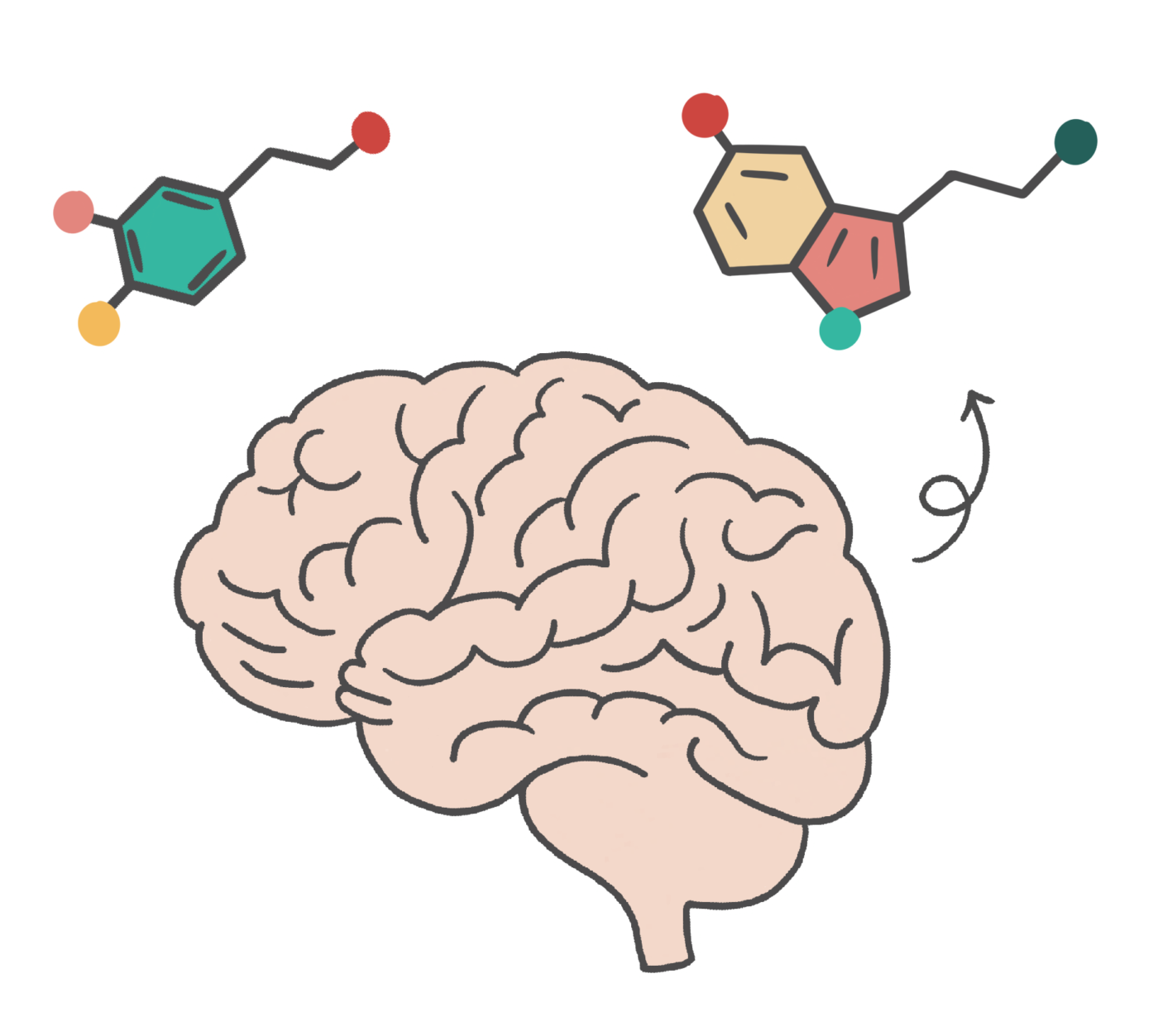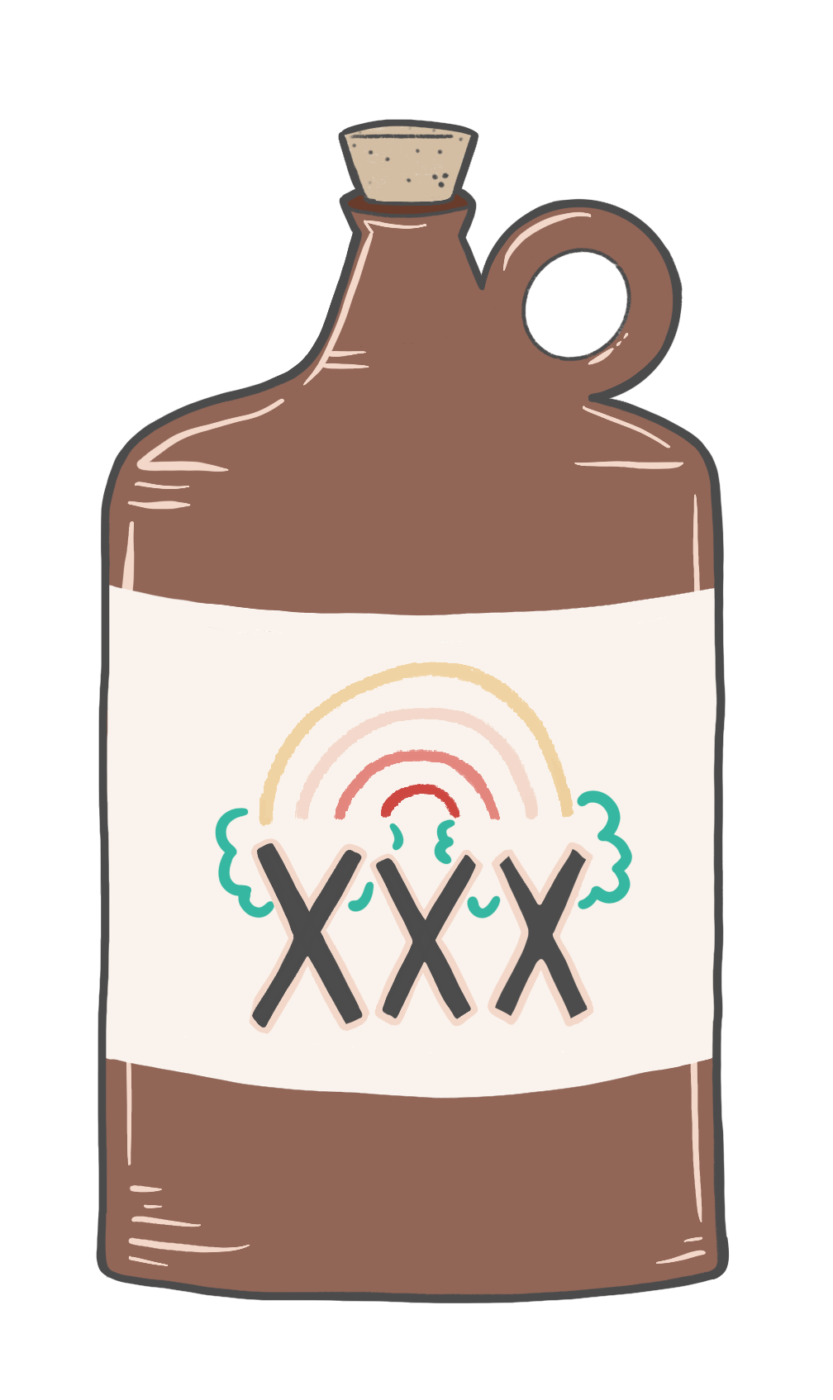
Intrinsic Writing Motivation isn’t built on guilt or shame.
There are two sources of good writing motivation.
One is stronger than the other, but they’re both important – and neither should hurt you.
Writing Motivation is tough, folx. The difficulty of living day to day life makes writing hard enough sometimes. But creative resistance, or writers’ block (if that were a thing: hint- it’s not), make it nearly impossible to put words to the page.
When you can’t get your ass in the chair to write, waddya do?
To find writing motivation, you need to feed your mind and heart the fuel they need to get your through the slog of your work. Because writing can be a slog, right? Even though it’s all we dream of doing and being, it’s actually not that fun all the time.
But motivation is not as straight forward – or cute – as Pinterest would have you believe.
Finding #WritingMotivation isn’t so simple as thinking positive thoughts or reading some twee-ass quote on twitter. Share on XThere are two VALID places to find writing motivation. And one truly nasty pretender that you should avoid at all costs.
You’ll probably need to use them both creatively to keep your creaky writing joints oiled up and ready to go. One will last longer than the other, and get you out of the deepest of difficult times more effectively.
Even the best motivation won’t work all the time. And that’s fine! Nobody wants to work or create or think all the time. But it’s key to understand how motivation works, so that you can get the best out of yours.
First, (and most obvious) is the delicious and super fun – Extrinsic Motivation.

These are the kinds of rewards you get from external forces: the opinions of others, remuneration for your work or maybe even that milk and cookies you smuggled to your desk under your sweater.
Biologically, human brains are designed to predict, process, enjoy, and remember rewards…When we think of rewards, we usually think about the positive functions they serve.
(“Motivation and Engagement”)
These external rewards can be helpful in temporarily waking up positive physical responses, “however, more complex behaviors [sic] are usually impaired, not helped, by rewards”
So, it’s not a good idea to rely on extrinsic motivation exclusively. But it can be helpful to have in your writing First Aid Kit in case you need a boost.
Here are some of the things I use to motivate myself to get up and go to my desk, when things are dire:
- Doughnuts and caffeine while I work, or after I finish something,
- Your Comments and Shares (thank you for the dopamine – much appreciated),
- Sharing complete work on social media,
- Getting paid by a client or for a freelance writing gig,
What kinds of external writing motivation help you to write?
Most of my extrinsic Writing Motivation comes from validation. Probably as a salve for my deep-seated former-gifted-child-who-didn’t-reach-her-potential sense of failure. But money and food are on the list too.
I’ll share some best practices around using these quick-fix boosts in your writing motivation plan that I learned during my time and training as a classroom teacher. Because teachers know – maybe more than anyone – how to use a well-timed treat to keep things from derailing.
- Use external rewards only when you must, and only for a short period of time. Remember that your motivation will inevitably drop after using extrinsic rewards for a long period of time.
- Choose economical and not-unhealthy items as your external reward items…do as I say – not as I do.
- Get as much mileage out of the anticipation or curiosity before the reward actually gets to you as you can. *Note to Self: delayed gratification…work on it.*
- Use abstract rewards like recognition, acknowledgement and celebrations without monetary value – especially if you can make them unpredictable.
- But most of all – we need to develop really strong Intrinsic Motivation to write – or those doughnuts and likes will do absolutely no good at all.
Intrinsic Motivation by contrast, fuels your drive to do the work in the longterm, and it is absolutely necessary for you to develop a way to activate it in yourself.

This kind of motivation is the call coming from inside the house – if your brain was the house and the call was the dopamine you need to feel excited about the work.
It’s how you naturally feel about the project, practice, or outcome of your work.
Intrinsic motivation depicts an activity done only for own contentment without any external anticipation. The challenge, curiosity, control and fantasy are the key factors to trigger up intrinsic motivation.
(Gopalan)
Here are some examples of what I find intrinsically motivating:
- Getting in the groove of a routine and consistent Writing Practice,
- Expressing something that means something to me or to someone I care about…usually stuff that makes me table-flipping-mad,
- Reflecting on the beauty of the final version of a published piece – with illustrations and photos and formatted text (Example? This bulleted list that’s nestled nicely under an H4 header, with an H5 coming up in a second? It’s simply delicious to me),
- Exploring a new idea or learning more about why something is the way that it is, or
- Checking off the steps of my Writing Process in my Trello cards or Notion element for each article or chapter I write.
We’ve all got our things. I like formatting articles, checking off lists, figuring things out, and explaining them forcefully…ahem…clearly.
Do any of those ring true for you? What are your deep-down satisfaction triggers, related to writing?
When I can wake up my curiosity about a topic or process – or activate my anticipation of the satisfying results, I can get my brain to agree to almost anything.
My intrinsic motivation is most powerful when I remember that doing the small steps NOW will give me the good feelings later.
Which isn’t always easy for someone like me with a hefty executive function disorder, but I can make it easier for myself by breaking my bigger creative tasks into smaller, bite-sized victories to achieve.
And by getting my emotional state ready for the task at hand. Playful, serious, excited or determined? What do I need to feel in order to get there? These are all truly important things to pay attention to, when I’m gearing up for a writing project.
But do you know what is NOT a valid form of writing motivation? Toxic Positivity – in all of its shapes and sizes.

This toxic garbage will suck up what little intrinsic go-go-juice I have, so I’m very aware of where it lurks, and I try to avoid it at all costs.
This is your instagram quotes about Beyoncé having the same number of hours in her day as you, manifesting what you want to achieve (as though that’s all it takes to succeed), and other blindly positive and overly simplistic nonsense.
We define toxic positivity as the excessive and ineffective overgeneralization of a happy, optimistic state across all situations. The process of toxic positivity results in the denial, minimization, and invalidation of the authentic human emotional experience.
(Quintero and Long)
Positivity and how it affects our psychology is obviously complex. The key thing is whether it minimizes the real damage that trauma, illness, stress & other life-hurdles do to our ability to live and work.
When I see an email that tells me, “If you’re not bleeding for your craft, you aren’t a real writer!” I get mad – or I get depressed. I do NOT get writing.
Or maybe it’s a “Tough Love” comparison to someone who did all the things you wish you could do (but can’t because doing things is HARD).
All while raising 37 children, alone, with 5 chronic illnesses, and no income, at gunpoint. Or some other list of other dreadfully difficult things you might or might not be struggling to manage in your day to day life…but without the glowing success.
Just to make it clear that no matter what difficult thing you find holding you back? It’s All. Your. FAULT! Because so and so didn’t let it stop her.
Maybe you have a farm-house-sized student loan weighing on your shoulders, or you have hate mail piling up in your inbox about articles you’ve already written, or maybe your mental health is low and you can’t remember your own phone number from brain fog. Maybe you have no internet or electricity or breakfast!
Or maybe you’re simply exhausted by the process of trying to make shape out of your thoughts and deliver them to a differently shaped mind across the globe – while paying the bills and being a human woman.
What I mean is this: perhaps you’re already bleeding enough, and it’s making it hard to – I dunno – survive life. Let alone create something beautiful out of all that grist.
Thoughts on #ToxicPositivity: Suffering isn’t good. Hurt people didn’t manifest this shit. Experiencing trauma isn’t texture for our bio – & NOBODY cares that your friend Peggy had it worse & still climbed Everest. Share on XIt just doesn’t work. Some light positivity might pull you out of a vaguely lazy mood, if all you need is to be irritated enough to roll your eyes and stand up. But it’s really de-motivating when you are truly struggling with anything like a normal human life.
Suppressing real pain and difficulty leads to shame, isolation, and an escalation in physical symptoms of stress and trauma.
So, although dwelling on your pain in a negative thought spiral isn’t going to help you write a word – neither still will a dose of toxic positivity.
Sometimes your pain is simply pain. Sometimes the lesson you “get to learn” from it is that you can’t do everything, and that motivational quotes are mostly horse shit.
You can’t talk yourself into doing something with suppression, shame and guilt – but you can get to know what your best intrinsic motivations for writing are and arm yourself in advance.
You can base your motivation practice in reality (not overly positive or overly negative) and in action, and bake them into your writing process to make it feel better – even when resistance and life tugs or pushes you in the wrong direction.
So take a minute now and jot down some of the things you know ARE motivational for you.
And if you haven’t joined yet, now is a good time to try the #30DaysWithaK free writing challenge I host. You’ll get a daily writing prompt for 30 days to help you to develop the six most important areas of your Writing Practice.
There is a whole unit in the challenge about developing your own writing motivation. So, you’re already ahead of the curve on that, right now.
In the meantime, tell me what gets you to the desk. And think about whether you have enough intrinsic motivation rooted in your writing purpose too.

- Gopalan, Valarmathie. “A Review of the Motivation Theories in Learning.” AIP Conference Proceedings, vol. 1891, no. 1, 2017, https://aip.scitation.org/doi/pdf/10.1063/1.5005376.
- Saether, Erik Andreas. “Creativity-Contingent Rewards, Intrinsic Motivation, and Creativity: The Importance of Fair Reward Evaluation Procedures .” Frontiers in Psychology , vol. 11, 2020, p. 974, https://www.frontiersin.org/article/10.3389/fpsyg.2020.00974.
- “Motivation and Engagement.” Teaching with the Brain in Mind, by Eric Jensen, 2nd ed., Association for Supervision and Curriculum Development, 2005, pp. 102–11.
- A., Kohn. Punished by Rewards. Houghton Mifflin, 1993.
- Quintero, Samara, and Jamie Long. “Toxic Positivity: The Dark Side of Positive Vibes.” The Psychology Group, https://thepsychologygroup.com/toxic-positivity/. Accessed 2020.
You mad? Excited? Have a perspective to share? Please do!
Want to read more? Check out these recent articles.
The 5 Steps to Make Writing more Free, Fun and Effective
Taking Apart the Writing Process: What does it actually look like? Well…it doesn’t really look like this layout of the insides of a typewriter, but looking at any complicated thing in pieces is the best way to make certain that all of the parts are there – and working well. I talked a little bit…
Stop, Right Now! This One Thing Will Change the Way You Write Forever:
How is Your Blog Writing Going, Today? Are you sitting in front of your computer, with a cup of coffee in your hand and one of the best seats at Starbucks, only to stare at the blinking cursor on your screen – your fingers paralyzed on the keyboard? Or do you prefer to sit outside in the sun…

